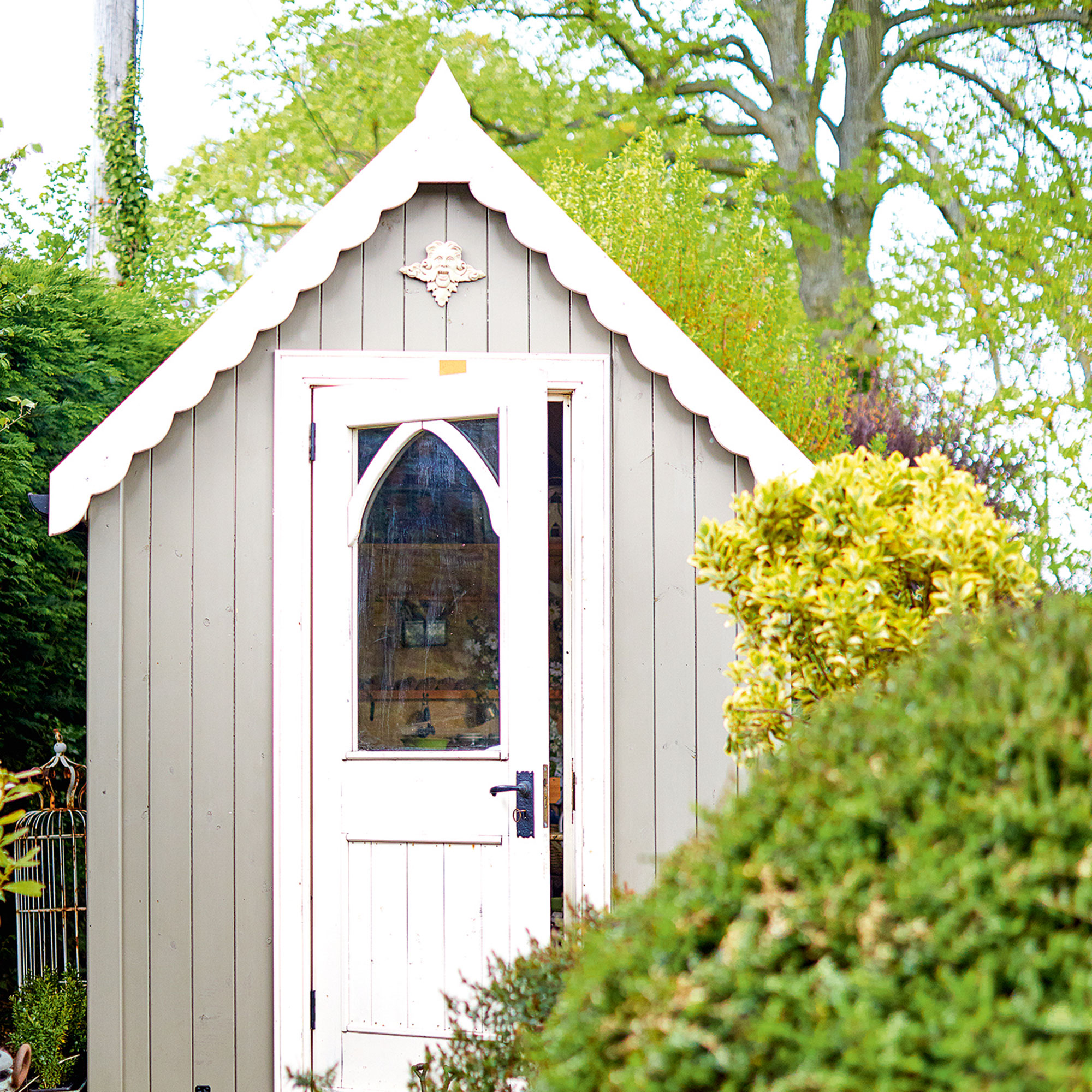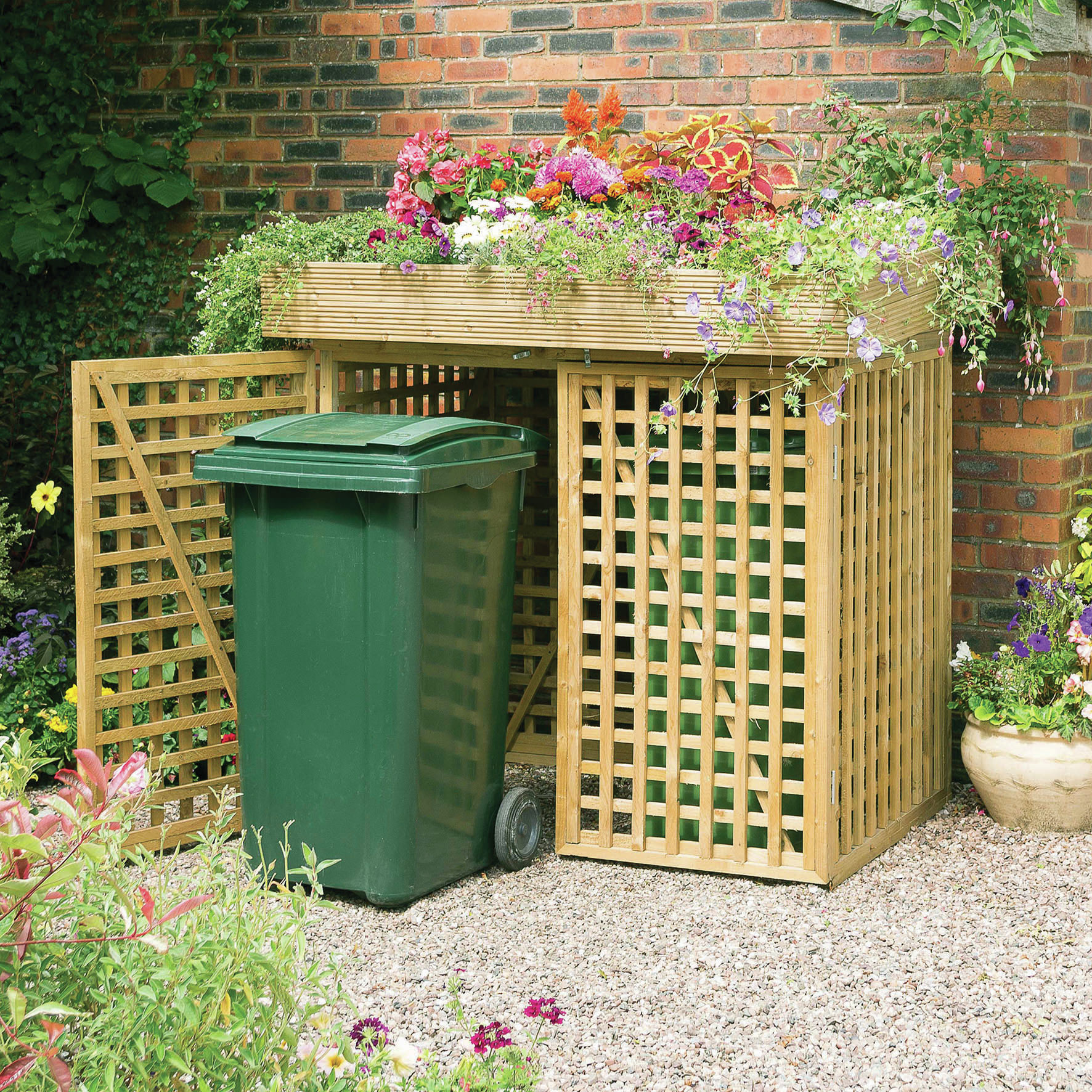
Learning how to prevent and minimise storm damage from affecting your home is essential as Storm Éowyn batters parts of the UK. Snow and ice warnings along with record-breaking wind speeds have already started hitting parts of Scotland and Northern Ireland.
Yellow wind warnings have been issued by the Met Office for Sunday going into Monday covering the North of the UK, and parts of Wales and the Midlands. Significant rainfall and wind damage are all expected this weekend.
If your home is damaged in the storm home insurance can cover storm or rain damage, but it all depends on how the water enters your home. So like with everything preventing storm damage in the first place is still key to ensuring your home is in the best state of repair before the torrential rain hits.
It is also worth noting that if you find yourself without power over the weekend due to the storm you can apply for compensation. So in addition to getting your blackout box ready and hunkering down this weekend with plenty of food and a boxset, make sure the outside of your home is fully prepared for any potential storm damage.
1. Inspect fences and sheds
Fencing can easily become loose during a storm, and sheds could be destroyed by strong winds and rain. Reinforce fencing to keep it strong. If you can, consider removing a few planks of wood on your shed to allow wind to pass through without destroying its structure.

'If a storm rips apart your garden and sheds and fences get blown into neighbouring properties causing damage, it’s unlikely your policy will pay out according to the Association of British Insurers,' warn the experts at Paving Direct. 'This is because in some cases fences are excluded due to having a flimsy construction – so ensure you have taken care to bolster the strength.'
2. Clear out your garden
Gardens are full of potential storm hazards, so cut back or clear out overhanging branches and garden debris. ' It’s even worth your while examining the condition of trees and branches that are close to your home and if necessary – consider removing them,' suggest the experts at Hillarys. 'Although we’d advise to contact a tree surgeon first.'
3. Take a look at your roof
We've all heard - or seen - tiles flying off roofs because of string winds, so it's imperative that you fully check the state of yours. 'Check for any loose or cracked roof tiling, as well as the bricks around your chimney to ensure any wobbly tiles or slates won’t easily be flung from your roof by strong winds,' say the team at Hillarys.

'If you notice anything that looks out of place or not right, the best bet is to contact a professional and get them repaired. Also make sure to remove any dead leaves and debris from your roof guttering so that they can drain correctly. If not properly maintained, this can cause an overflow of water and result in further damage, especially with potential flooding from storms.'
4. Protect your car
Save your car from being damage by - or from causing damage. If possible, park it in a garage. 'If you don’t have a garage, a trick is to cover your vehicle with padding and then a plastic sheet or waterproof tarp,' suggests Nick Drewe, homes and interior expert at WeThrift. 'As well as this, make sure your vehicle is not parked by or under a tree.'
5. Put away your bins

This may seem obvious, but we've all been guilty of forgetting to bring our bins back in nearly as often as we forget to bring them out. In storms, a wheelie bin could hit another person, house, or car. Prevent this by making sure it's secure and weighed down.
6. Look after your plants
Potted plants are liable for breaking during storms, so it's best if you can put them somewhere sheltered.
'When it comes to your taller outdoor plants, it’s important to note that heavy rain could cause heavy damage to these and even cause them to snap,' warns Nick from WeThrift. 'A key trick to preventing this is to push a wooden or metal support into the ground and tie your tall plant to it. This will provide your plant with a safety net amidst the wind.'

How to prepare for storm damage inside your home
1. Secure your house
Close and lock all doors and windows in your home. An errant open, or unlocked, window could cause indoor gusts, breaking your property and even allowing debris to fly in.
Additionally, power outages will cause most alarms to stop working, so it keeps you safe if there are any opportunists lurking.

2. Switch off unnecessary electrics
Charge up your phones and tablets so you're ready if the power goes out. Then, before the storm, switch off anything not in use to avoid damage or electrocution. If the power does go out, turn all appliances off at the switch. 'If the power suddenly comes back on, you may leave appliances on and unattended without knowing it, which may end up causing a fire,' note the experts at Bionic.
3. Move valuables upstairs
'If you are likely to experience water entering the bottom floors of your house, then try to move your valuable items upstairs and out of harm’s way,' suggest the experts at Hillarys. Try to focus first and foremost on items that have more sentimental value and that are unlikely to be replaced by your home and contents insurance, such a photos, memorabilia and family heirlooms.'

4. Protect your larger belongings
Put away heavy ornaments which might blow over or fall down, breaking themselves or injuring someone. Furniture is at risk of floods caused by storm damage, so if you can move any precious pieces then do so. 'If impossible to move, try also wrapping the wooden legs of tables and chairs in plastic bags to prevent water soaking in and causing rot,' say the experts at Hillarys.
What to do if storm damage does occur
It can be hard to think practicality when dealing with storm damage. Keep your family safe, keep electrics, water and gas off and call the relevant services for your issue and area.
Taking photographs of the damage should be your other consideration. 'At such a difficult time, it is understandable that taking multiple photographs of the water damage within the family home might be the last thing on your mind,' say the experts at Hillarys. 'However, it is imperative to document the effects on your property in order to ensure that your insurance company knows the full extent of the devastation and recoup any financial losses.'







